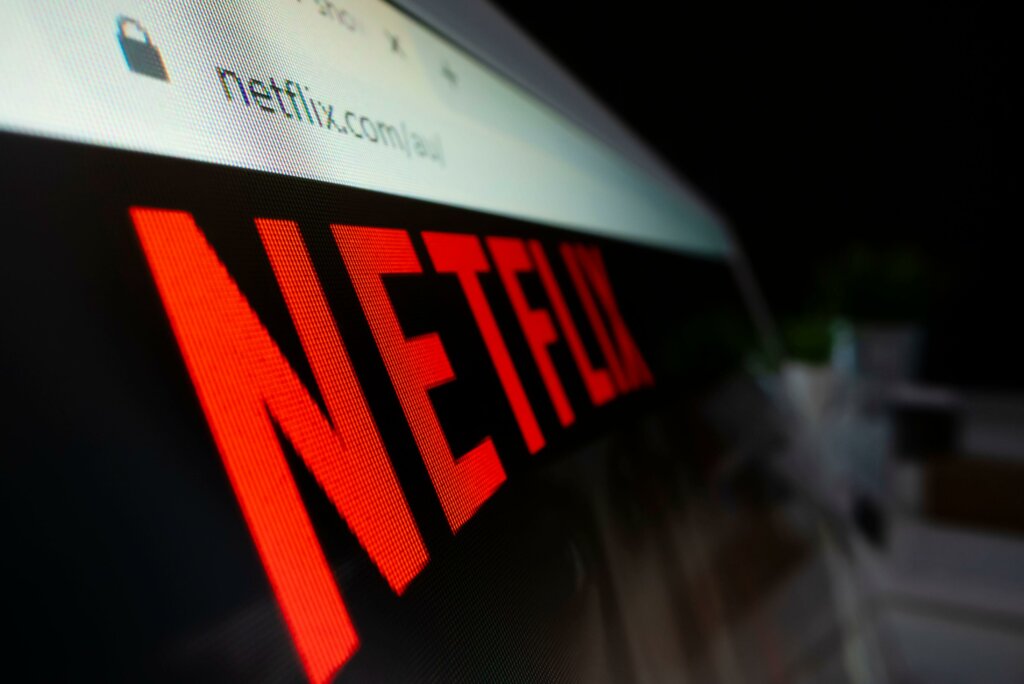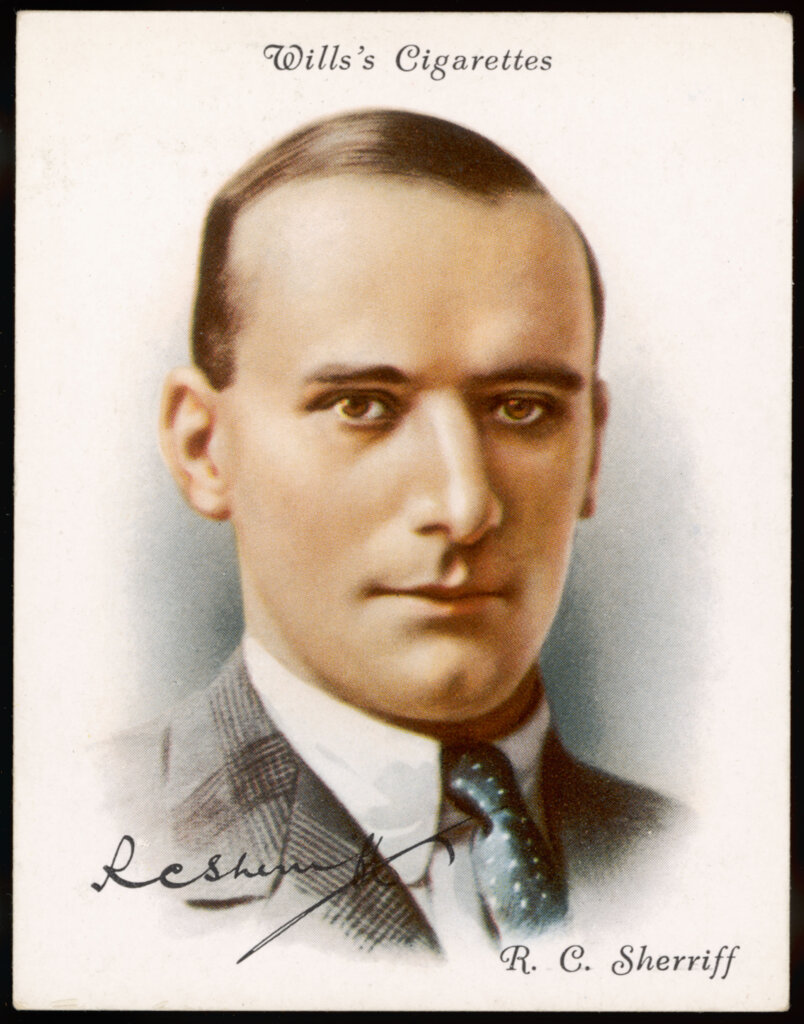The Big Bang Theory: What’s the Appeal?
Written by Nisha Cullen on 14th March 2023
A group of nerdy scientists simply just existing in California. How did something so normal, so average keep viewers in the US and beyond gripped for 12 seasons?
Hitting our screens in 2005, it’s clear to see the early seasons were written and produced in a different time. From engineer Howard Wolowitz’s blatant and uncomfortable sexual advances on any woman that looks his way, to the laughed off, casual racism towards Raj Koothrapalli, there is definitely no shortage of cringe-inducing moments.
Despite not being addressed within the show, I think anybody with a basic understanding of human psychology can tell that main character, Sheldon Cooper, shows clear symptoms of autism spectrum disorder (ASD). From his advanced intellect, to his strict adherence to a routine (and, of course, his famous ‘spot’ on the couch) it’s very easy for individuals who go through similar to relate to the misunderstood theoretical physicist. As someone with ASD, it can be difficult to hear Sheldon’s roommate and best friend, Leonard Hofstadter, grow impatient, but those rare moments of platonic love make it worth it.
Despite being an awkward, sometimes painfully un-funny sitcom, there are moments of emotion within the show. Notably, the season six finale sees Raj, who previously has been unable to speak to women while sober, go through a heart-breaking breakup. In consolation, Penny, the classic ‘blonde bimbo’ ‘girl next door’ love interest of experimental physicist, Leonard, calls over to his apartment. Talking (and crying) his feelings out to Penny, Raj then realises he is completely sober. Realising this, the two start crying, and share a hug in his apartment. Overcoming social anxiety proves a big deal for astrophysicist Raj, so this feel-good moment is contagious.
Home to a Hollywood phenomenon known as Adorkable Misogyny, also seen in movies such as Revenge of the Nerds and Sixteen Candles. Because of the lack of ‘macho masculinity’ shown by the lead characters, their inappropriate comments are brushed under the rug, and accepted. Obviously, a huge problem, it’s difficult to change the past. Cancel culture would have the show wiped from all credible streaming platforms. However, through acknowledgement of the issue, we can still enjoy a show, even if the protagonists present with some questionable traits.
The Big Bang Theory, and, in turn, prequel Young Sheldon, is my favourite TV show, and I could just ignore the issues and talk about how funny and awkward the characters are, but I’d just be lying to myself. I’m aware of the issues within the show, that do get better in time, and I recognise that every time I switch on the show.
So, what is the appeal of The Big Bang Theory? It’s hard to pinpoint. The same tropes seen in other popular sitcoms, such as Friends, of normal real life, but with more real looking characters, have an appeal of relatability. Characters with flaws growing into better people, fathers, husbands, friends. We didn’t just watch these characters for 12 seasons; we grew with them.







